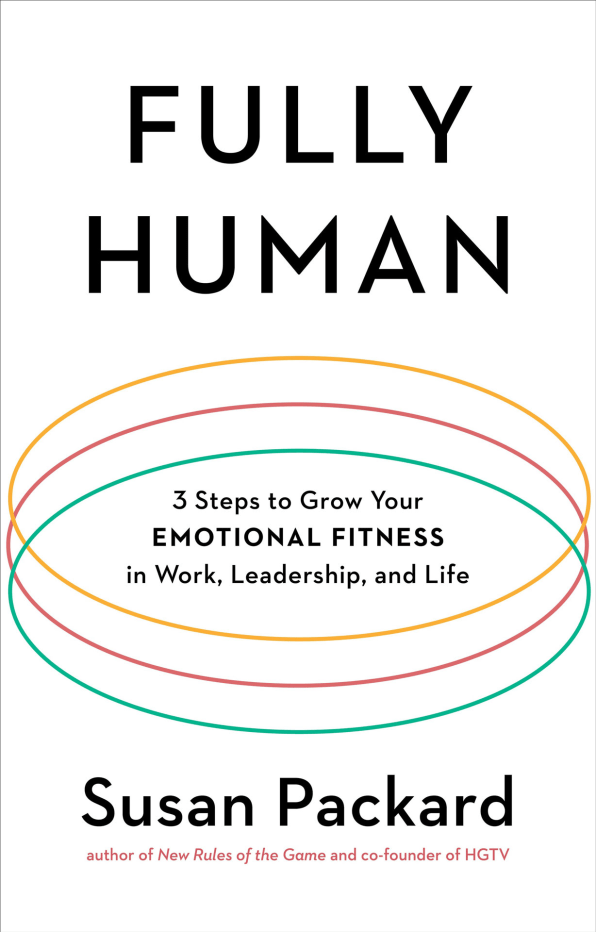#BestofFSCBlog : 10 Steps To Change Your Career Path At Any Age. Wondering To Make a Job or Career Change? Take a Free 60-Second Career Quiz and Find Out!
The pandemic has changed workers’ professional expectations for the foreseeable future. According to Randstad’s latest Workmonitor Survey, employees feel empowered in new ways as they reassess their careers and the role of work in their lives. A stunning 81% of those surveyed say they have gained more clarity around their personal and professional goals over the last 12 to 18 months. As a result, they desire more training, work-life balance and, in many cases, a different career.
The thought of changing your career path may seem scary, especially if you are over 40. But it is not uncommon or impossible. In fact, the average American worker has 12 jobs in their lifetime with an average tenure of around four years with a single employer. Given the current hectic environment, flexibility, fulfillment, and work-life balance are taking center stage. That means more people are thinking about pivoting professionally.
The good news—the majority of older career changers are successful, based on a study from the American Institute for Economic Research. Changing your career path doesn’t have to be as overwhelming or difficult as you might think. These ten steps will give you the framework you need to come out on top.
1. Upgrade your mindset
Ultimately, what you think, you become. Altering your career path means being open to the possibilities. Change your self-talk so that you can move forward despite your fears. Even simple mantras like “I can do this” or “I am fearless” really work.
Like this Article? Share It! You now can easily enjoy/follow/share Today our Award-Winning Articles/Blogs with Now Over 2.5 Million Growing Participates Worldwide in our various Social Media formats below:
LinkedIn: https://www.linkedin.com/in/chris-g-laughter-b46389198/
Twitter: Follow us @ firstsunllc
Best Daily Choice: Follow the Best of FSC Career Articles/Blogs @
https://twitter.com/search?q=bestoffscblog&src=typeahead_click
Question: Want the ‘the best/current articles/blogs on the web’ on Job Search, Resume, Advancing/Changing your Career, or simply Managing People?
Answer: Simply go to our FSC Career Blog below & Type(#Jobsearch, #Resume, or #Networking) in Blog Search: https://www.firstsun.com/fsc-career-blog/
What Skill Sets Do You have to be ‘Sharpened’ ?
Did you know? First Sun Consulting, LLc (FSC) is celebrating over 30 years in the delivery of corporate & individual outplacement services & programs to over 1200 of our corporate clients in the U.S., Canada, UK, & Mexico!
We here at FSC want to thank each of corporate partners in the opportunity in serving & moving each of their transitioning employee(s) rapidly toward employment !
Article continued …
2. Take money off the table
One of the most common excuses for not changing career paths is money. Some common phrases are, “I can’t afford to change careers,” “I’m the main breadwinner, so I can’t take the risk,” or “What if I fail?” Of course, there are no guarantees in life. But who’s to say that you can’t earn a higher salary in your new career? It may not happen overnight, but it’s possible. Think of changing jobs as a calculated risk. If you plan for it, it will come.
3. Focus on transferrable skills
Another common misconception is that changing career paths means starting from the bottom. Wrong! You already have an enormous number of transferrable skills. For example, if you are a lawyer, you have writing, speaking and research skills. As a marketer, you understand customer lifecycles and personas. Or maybe you are an accountant who is great with numbers and reporting. All of these are assets that can be valuable in almost any profession.
4. Consider your why
Think about why you want to change your career path. Don’t change careers because you were passed over for a promotion or hate your boss. Make sure you are running towards something instead of running away from something. Let faith, not fear, drive your decision-making process.
5. Identify the sweet spot
Find the intersection of the things that you enjoy and are good at. That’s the sweet spot. This exercise will help guide you towards career possibilities that align with your values and interests.
6. Brainstorm new career paths
Make an exhaustive list of potential career paths. Keep an open mind! Defer judgment and try to have fun with this exercise. You can even throw an “idea party” where you invite friends to brainstorm different options.
7. Research your new career path
Find people in the career you are interested in and ask them for their advice. That way, you can learn first-hand what it’s like to work in that field. You can also do research online and join professional organizations that will allow you to expand your network.
8. Acquire new skills
Find out whether your new career path requires additional education or certifications. You could consider taking online courses or even find webinars, books and podcasts to hone your skillset. Think about how you learn best, and then set specific training and development goals.
9. Test the waters
Try shadowing someone in your chosen profession. Create a side hustle that you can focus on in your spare time. You may even consider volunteering or working part-time to understand whether this new path may be the right fit.
10. Develop an action plan
Once you’ve decided on a chosen career path, create an action plan. Your plan should include short and long-term goals along with specific milestones to hold you accountable. Think about how long it will take you to transition from where you are now to the new life you want to lead.
It’s never too late to change your career path. Whether you are in your 40’s or your 60’s, you can do it. The key is to have a plan and stick to it. Be fearless. Making a career change can be scary. But you know what’s even scarier? Regret.
Wondering if it’s finally time to make a job or career change? Take my free 60-second career quiz and find out!
Forbes.com | February 16, 2022 | Caroline Castrillon










